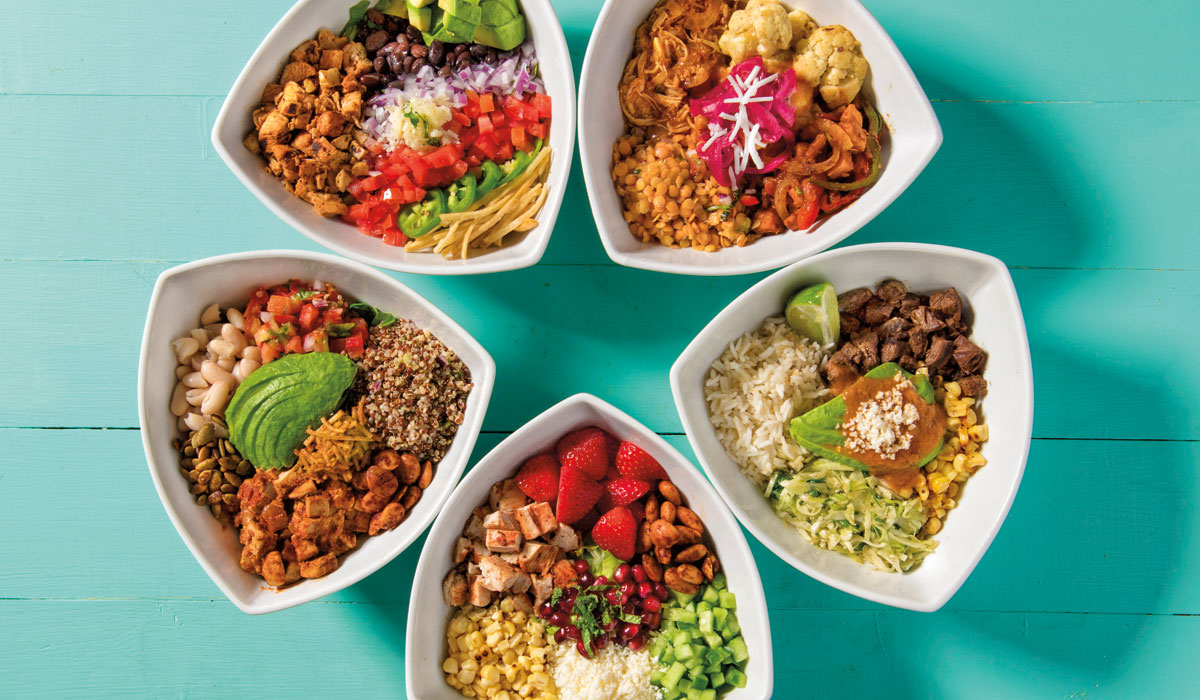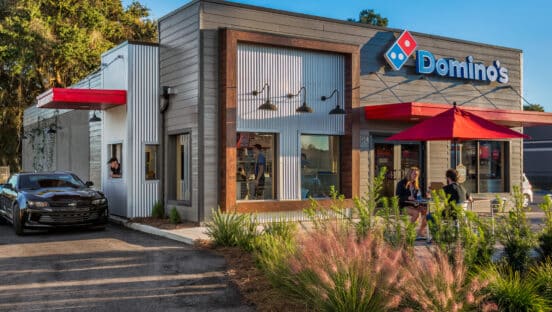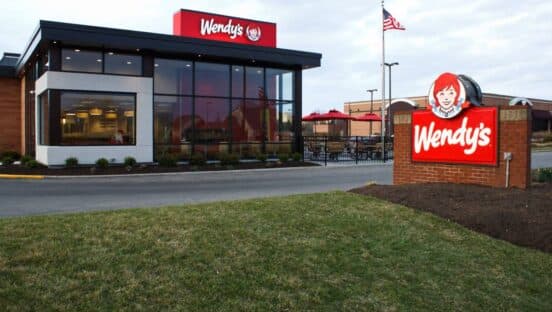Much in the same way Mediterranean fast casual Cava was born out of a full-service restaurant by a similar name, Tocaya Organica is an offshoot of full-service Mexican restaurant Toca Madera in Los Angeles. Both concepts, owned by The Madera Group and founded by Tosh Berman and Amrou Manaseer in 2013, are in the midst of expansion.
On January 29, the group announced plans to open 11 new locations throughout the U.S. and abroad by the end of 2019. This after receiving a $20.85 million capital investment from Breakwater Management LP in November. Of the 11 locations, three Tocaya Organica restaurants are slated for Arizona. The fourth is a Toca Madera. Additionally, The Madera Group said it would debut six Tocaya Organicas in Southern California. The other unit will be the company’s first overseas location—a Toca Madera in Dubai.
For Tocaya Organica, Berman and Manaseer recognized an opening in the market for an ingredients-first cuisine. While the ordering process and counter service technically places the restaurant in the fast-casual category, that is where the comparison between Tocaya and concepts like Chipotle or Sweetgreen ends, Berman says. The mostly organic menu is made fresh to order by a chef team in the back of house, which, at the new locations, is visible to the front of house. “It’s really very theatrical,” Berman says of the experience. The restaurant also uses real china and glassware as well as comfort seating to take the experience a step above what the customer usually associates with fast casual.
The Mexican-influenced menu includes salads, bowls, tacos, and burritos. All bases are vegan with the option of adding chef-recommended proteins or cheeses to each dish.
Berman says the choice to do Mexican cuisine over, say, salads or sandwiches was twofold. First, the team coming from Toca Madera was already versed in the cuisine, so it easily kept the company vertical. “Being able to focus on one food genre obviously gives us the ability to scale it in a different way and also have more integration with all the different teams,” Berman says.
Secondly, Mexican food is one of the few cuisines in which Berman and Manaseer believe heavy elements, from carbs to fat to sodium, can be easily replaced with the use of savory spices. “Our ability to use things like peppers and spices and savory elements can add that same level of flavor as things that people perceive as being bad,” Berman says. Ultimately, customers feel like they are eating comfort food at Tocaya.
“If you’re constantly trying to push salads, you end up closing off a sector of the market that I think is really vast, which is the individuals that want to just come in and eat great food,” he says.
Tocaya Organica
FOUNDERS: Tosh Berman and Amrou Manaseer
HEADQUARTERS: Los Angeles
YEAR STARTED: 2016
ANNUAL SALES: Undisclosed
TOTAL UNITS: 10
FRANCHISED UNITS: 0
Berman sees three distinct types of customer at Tocaya. The first is made up of both vegetarian and vegans. “Which is really unique,” he says, “because it’s one of the only restaurant concepts where vegans and non-vegans eat side-by-side and still feel totally represented.”
Instead of asking vegans to opt out of a certain ingredient in a menu item, and worrying that their request was not followed through properly, Tocaya is asking carnivores to opt into the cuisine, adding protein and dairy to a vegan-based dish. “What we’ve found is even the most militant of vegans feel totally comfortable in our venue,” Berman says.
The second group Tocaya serves includes those health-, wellness-, and fitness-oriented customers who see the food as clean fuel for one’s body. And the third group, Berman says, are just customers seeking great-tasting Mexican cuisine.
The space is both welcoming to the business person trying to grab lunch within 10 minutes, and also to the people looking to grab a bottle of wine together after work. “Even if I’m sitting for 10 minutes, I still would rather sit on the comfortable chair,” Berman says. “That’s where a lot of concepts miss the boat. If you don’t want to appeal to a wide range of demographics, you’re not going to end up doing the top-line revenue or the gross revenue that Tocaya is able to produce.”
Some stores in the concept are now averaging north of 1,000 people per day per restaurant with equal traffic for lunch and dinner. “It’s kind of the little sister of Toca Madera, but it’s evolved now into something that stands alone,” Berman says. His plans for Tocaya expansion, however, are much more aggressive than its full-service counterpart. “We’re one of the highest-grossing, per square foot, fresh-casual concept west of the Mississippi, and it’s really turned into its own monster, so to speak,” he adds.
Currently the company is sitting at nine stores in Southern California, but Berman says the team will be opening a new location every month moving forward. His first out-of-state stores are in Arizona—one is already open, and two more are planned to open by year-end. Dallas, Austin, Colorado, and Manhattan are all of interest to the brand in 2020, helping the team achieve over 30 stores systemwide.
“Tocaya ultimately should be everywhere, but I don’t ever see it being on the same level saturation of Chipotle, partially because of the price point and partially because we like to make the individual experience at each store really unique,” Berman says.
The company has been taking over second-generation spaces and evoking the architectural history of each space. “We like to add those little details that make each store its own little restaurant that people can connect with,” he adds.






